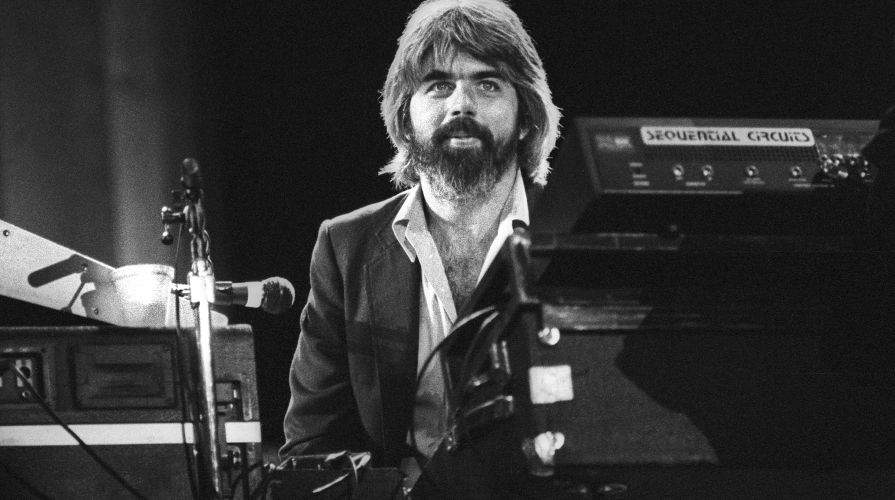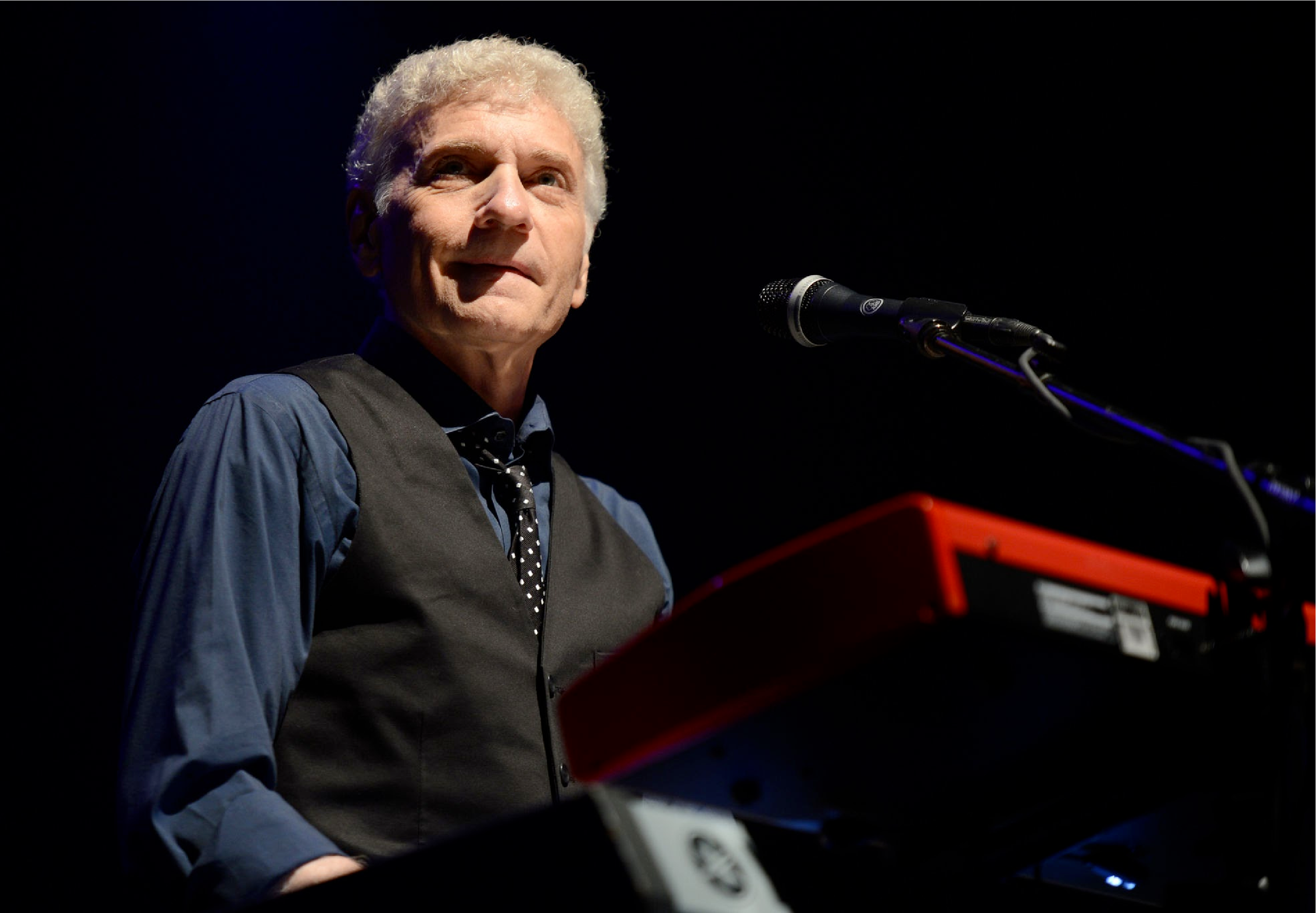
Avoiding Disasters When Singing Live
So you wanna be a singer? I myself am a songwriter at heart, but I found it quite difficult working with a certain vocalist…
Home » When The Record Store Died, Did The Music Die With It?

As we roam through the digital age, it’s easy to forget how much music once meant to us. The experience of flipping through vinyls or CDs in a record store was nothing short of magical – discovering new musicians, rediscovering old favorites and soaking in the ambiance that only a physical space could provide. But with the rise of streaming services and online marketplaces, many brick-and-mortar record stores have shut down. So let us explore whether the loss of these beloved establishments also marks the death of music as we knew it.
The death of the record store has been a slow and painful one. Over the past few decades, we’ve seen a decline in the number of stores selling music, as well as the overall quality of those that remain. This is due to a variety of factors, including the rise of digital music and streaming services, the declining popularity of physical media, and the changing tastes of music listeners.
This decline has had a major impact on the music industry, and not necessarily for the better. For one thing, it’s led to a decrease in the variety of music that’s available to us. With fewer stores stocking music, there’s less chance of discovering new and exciting artists or genres. In addition, the loss of record stores has made it harder for up-and-coming musicians to get their start in the business. It’s now more difficult than ever to get your music heard by potential fans, which makes it harder to break into the industry.
When the last of the big box music stores closed their doors in the early 2000s, many people mourned the death of an era. For decades, record stores had been a staple in communities across the country, providing a place for music lovers to browse and buy their favorite albums. But with the advent of digital music and online streaming services, record stores simply couldn’t compete. And as they disappeared, so too did a vital part of the music industry.
Record stores were more than just places to buy music; they were also gathering places for like-minded people to talk about their shared passion. They were hubs of activity and connection in a world that can often feel isolating. In addition, record stores served as incubators for new talent, giving unsigned artists a place to sell their wares and build a following.
The loss of record stores has been felt throughout the music industry. With fewer physical locations to promote and sell music, it’s become harder for new artists to break into the business. Major labels have also been hit hard, as brick-and-mortar retailers were once one of their main sources of revenue. Even established artists have suffered, as sales of CDs and other physical formats have declined sharply in recent years.
There’s no doubt that the rise of digital music has changed the face of the industry forever. But as we said goodbye to record stores, we also said goodbye to an important part of our musical culture.
The death of record stores has had a significant impact on music. While many people have been able to find new, innovative ways to consume and access music without physical media, there is something special about owning an album or a piece of vinyl that cannot be replicated with streaming services. Record stores may be gone but they will never be forgotten – their legacy lives on through the memories of those who frequented them. Music is ever-evolving and adapting, so even though record stores may be gone, the music they brought us will always be alive and well.

So you wanna be a singer? I myself am a songwriter at heart, but I found it quite difficult working with a certain vocalist…

Let’s talk about the one and only Michael McDonald, the man with the voice that could…

I had severely lost my voice recently. As someone who uses it for his job on a regular basis, it can be quite frustrating…
I am a worship pastor, composer, and digital media designer. I am a man with a passion for his family and God. My extensive experience in the areas of music, theater, and design has enabled me to contribute to a variety of...